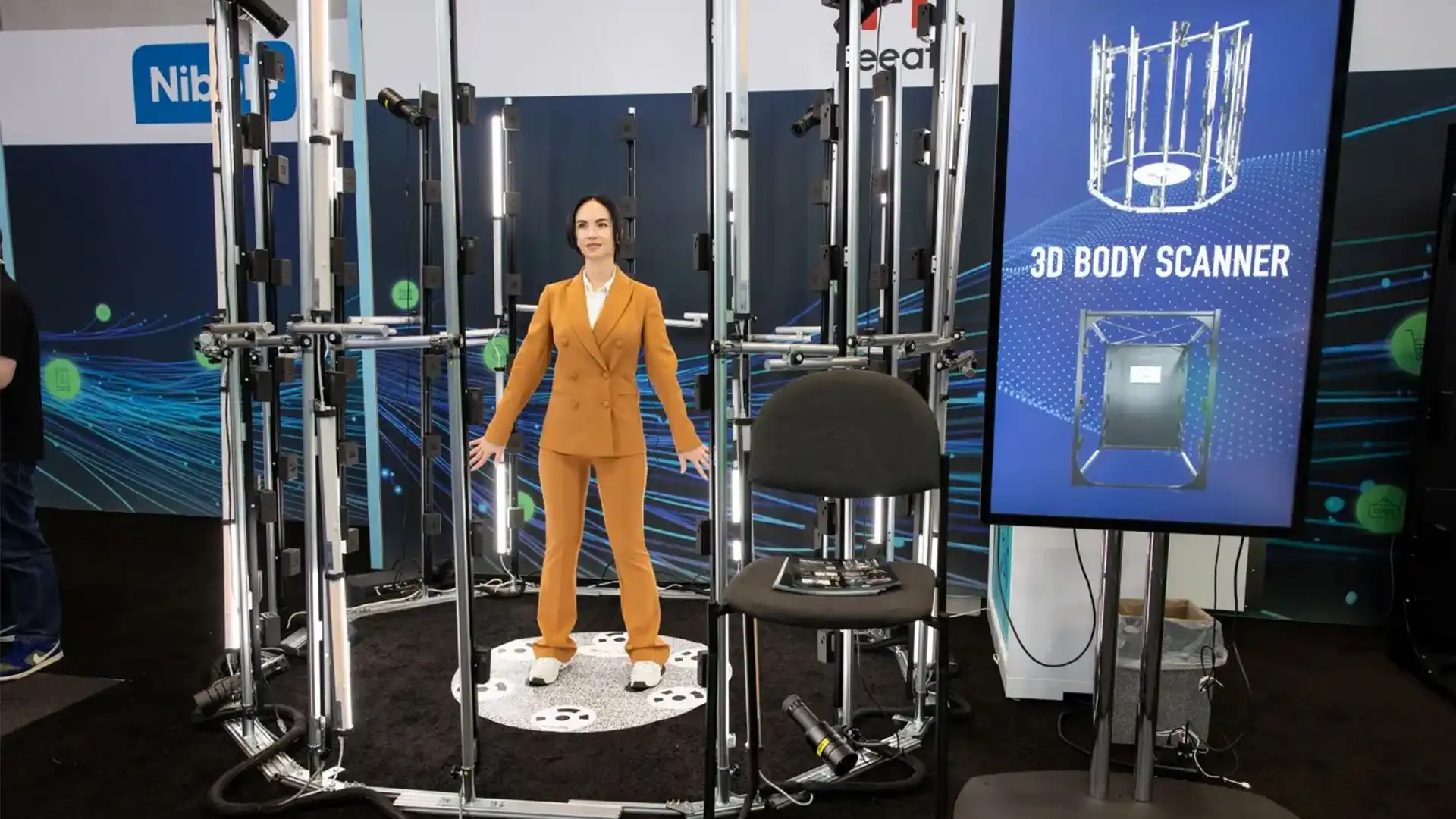Contributed by Susan Sherfield, Mercy Housing Management Group
Take a moment to pause and envision all the things you hope for in your future career. What do you see yourself doing? Working with your hands? Leading a team? Conducting research?
There are so many career opportunities out there, and to achieve your unique, personal vision, you must have a plan to get there. Regardless of what field you want to pursue a career in, four essential elements need to be part of your plan:
- Knowledge, Skills and Attributes
- Your Professional Portfolio
- Networking and Netweaving
- Building Your Brand
Knowledge, Skills and Attributes
Knowledge, skills and attributes are the foundation for all jobs.
- Knowledge - What you need to know; information. Examples include industry regulations/laws, accounting principles, materials and resources, terminology.
- Skills - What you need to do; activities you need to perform. Examples include preparing a spreadsheet, testing an HVAC unit, conducting an interview, managing inventory.
- Attributes - Personal qualities; how you conduct yourself; often referred to as “soft skills”. Examples include conducting yourself in a professional manner, communicating, meeting deadlines, interacting with colleagues and customers, being respectful, demonstrating strong leadership.
Once you have a clear vision for the career you would like to pursue, you need to understand what knowledge, skills and attributes to develop. A great way to obtain this information is to speak with somebody who currently has that job. Most professionals are more than happy to talk with someone interested in their field and to discuss their career path. Key questions to ask:
- What do you like most about your job?
- What aspect of your job do you find most challenging?
- Tell me about a typical day
- What aspects of building your career did you find to be successful and what would you do differently?
- What advice would you give to somebody interested in pursuing a career in your field?
Having that information will help you to chart your path. Depending on the field you wish to focus on, your professional development may include a combination of:
- Formal Education - This can be a university, community college, trade school, Open Educational Resource (OER) or another training program.
- Apprenticeship/On the Job Training - You enter as a novice and the company you work for will provide you with training as you learn “hands-on”.
- Mentorships - People who can provide career guidance and act as a resource to whom you can ask questions and obtain advice.
A college degree has long been promoted as the only way to “get ahead” or to have a successful career. While this may still be true for some people in some fields, college is not the right career path for everyone, and it doesn’t need to be. For example, there is a high demand for skilled workers in trades such as electrical, plumbing, general maintenance and construction, with strong wages and benefits. You need to follow the path that is right for you.
One consideration that often gets overlooked is how you plan to cover the expense of your education. Some people may obtain scholarships, or have family members who are in a financial position to support them. The reality is that many students rely on student loans without really considering the financial impact of paying off those loans. Loans are an option that should only be used with a full understanding of the terms. Anyone thinking about financing their education with student loans is encouraged to watch the documentary Borrowed Future (available on Amazon Prime Video). It gives an eye-opening perspective to this practice.
Your Professional Portfolio
A professional portfolio of your accomplishments can help you get a job, negotiate a raise or secure a promotion. It helps you to demonstrate how you have added value to an organization, as well as your potential to learn and grow. Your professional portfolio should answer the following questions:
- What did you do?
- What did you learn?
- What results did you achieve?
- How can you apply these skills and experiences?
You don’t have to wait until you are in the job market to start putting this together. Consider the skills you are developing through your involvement with DECA or through volunteer work. Maybe you organized a walk-a-thon to raise money for a charity. You may have learned skills in organization, team building, marketing and promotions, communications, and leadership. All of these are marketable talents!
You may choose to have a professional portfolio online such as through LinkedIn, but you may also want to assemble a professional-looking binder that you can take with you to an interview or performance review meeting. It is much easier to keep track of your experiences and accomplishments as they are realized rather than try to remember specifics when you need to.
Networking & Netweaving
It is important to have a network of business contacts, and it’s never too soon to start building that network. Your network should include people in your chosen career field, as well as outside of your field. Your network is a resource for sharing ideas and best practices, securing job leads, and reaching out for support on any variety of challenges.
Networking used to be managed by a giant Rolodex of business cards, but today’s technologies have made it much easier to maintain the contact information for your network. LinkedIn is one of the most popular online networks. I encourage you to limit your other social media accounts to only personal contacts, and to keep business contacts separate.
Building your network is easy, and opportunities can be found nearly everywhere. Consider the other students who you have gotten to know through your involvement with DECA. They may all be going into different career fields, but they will still be great resources as you advance in your career. You will meet people in classes, social groups, job fairs and at school-sponsored events.
A spin on “networking”, called “netweaving”, is a term developed by a consultant named Bob Littell. The difference is networking is about you finding assistance for what you need, while netweaving is about you helping others solve their challenges. Networking might be looked at as your list of contacts, while netweaving is more about a long-term, reciprocal business relationship. Both will have a role in building your career.
Building Your Brand
The last element that should be part of planning your career is developing your personal brand. Your personal brand is similar to your professional reputation, but it encompasses more. It includes the identity, goals and mission that people associate with you. Consider somebody like Oprah. You don’t even need to hear her last name to know who is being referred to and to immediately recall what she is all about. What characteristics do you want people to associate with you, and are your behaviors aligning with that brand?
Many employers are now using social media as part of their candidate screening, to give them an idea of a person’s character and interests. A national survey in 2017 conducted by Harris Poll on behalf of CareerBuilder, found that 70% of employers use social media to screen candidates before hiring. In addition, they found that 54% found content on social media that caused them not to hire somebody.
Even when you keep personal and professional contacts separate on social media, you should still consider what you are posting and what impression it will give about you. Your personal brand is created through a variety of different actions including personal interactions and social media. You must be intentional in creating a personal brand that is a favorable reflection of who you are.
Planning your future career is a combination of intentional actions. Whatever career path you are considering, the choices you make will either move you forward or create obstacles for you to overcome.
One last thought…. Even the best-laid plans can get derailed. Life has a habit of interrupting us. Developing resiliency, resourcefulness, and tenacity will help you to overcome whatever obstacles you may encounter along the way. If 2020 has taught us anything, it is how to “pivot”. You need to learn how to adapt to changing conditions so that you are ready to take on whatever challenges you encounter.
Susan Sherfield is the Vice President of Education & Employee Development for Mercy Housing. She has built a career in the multi-family housing industry over the past 34 years. She is active in the National Apartment Association (NAA) and National Apartment Association Education Institute (NAAEI), serving in leadership positions. Susan has served as an Executive Mentor and competitive event judge at DECA ICDC for several years. Be sure to connect with her on LinkedIn.



















